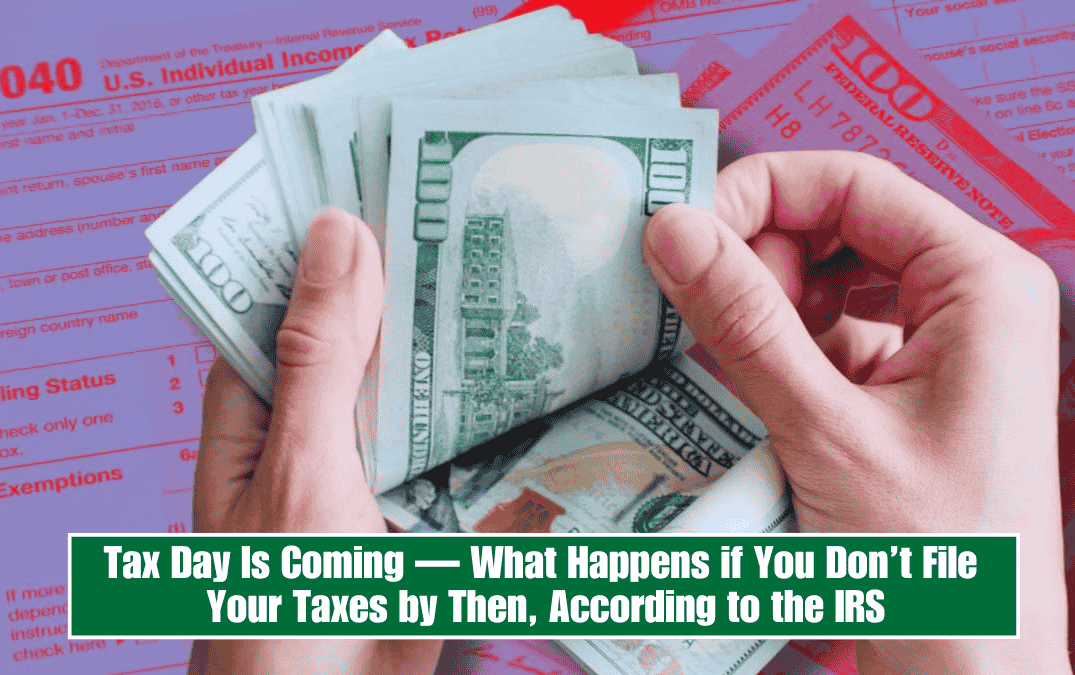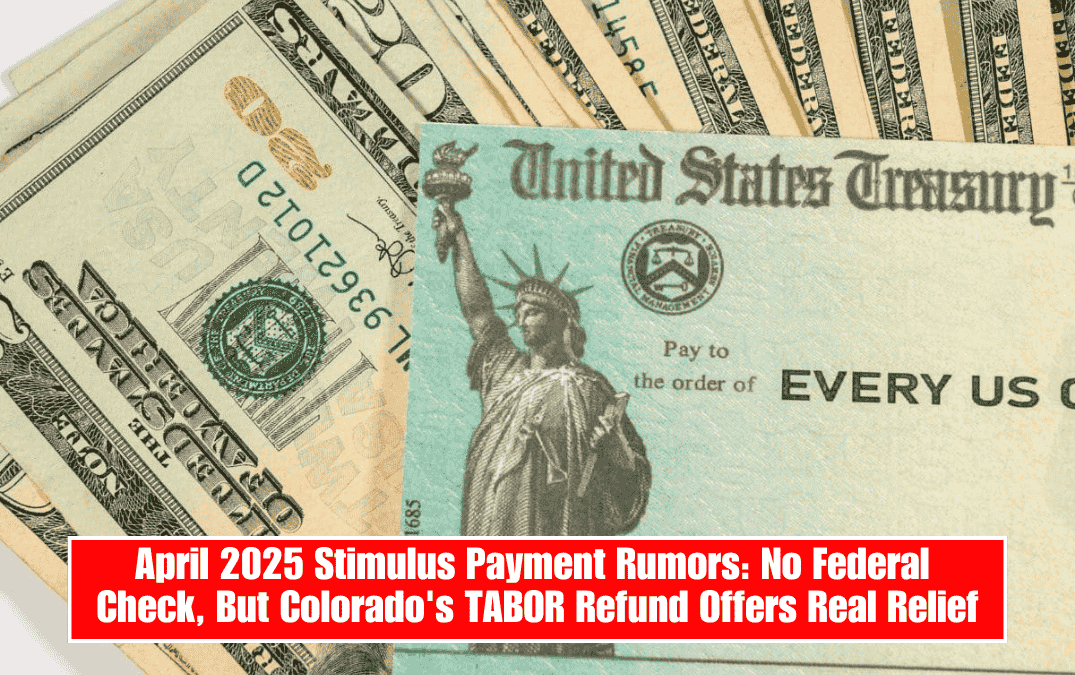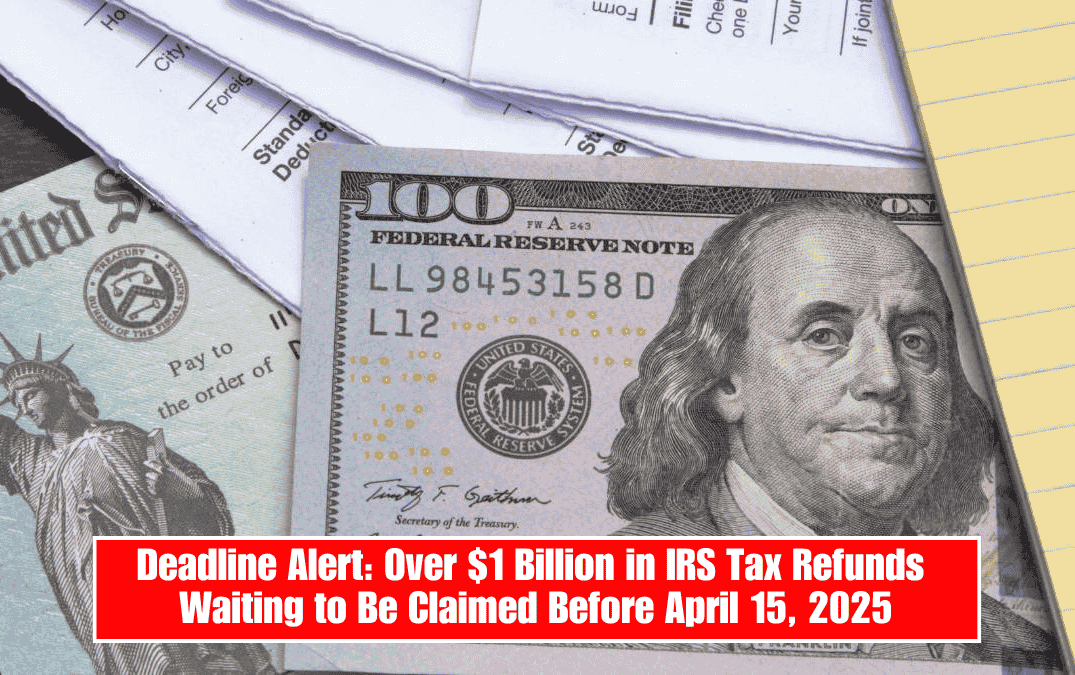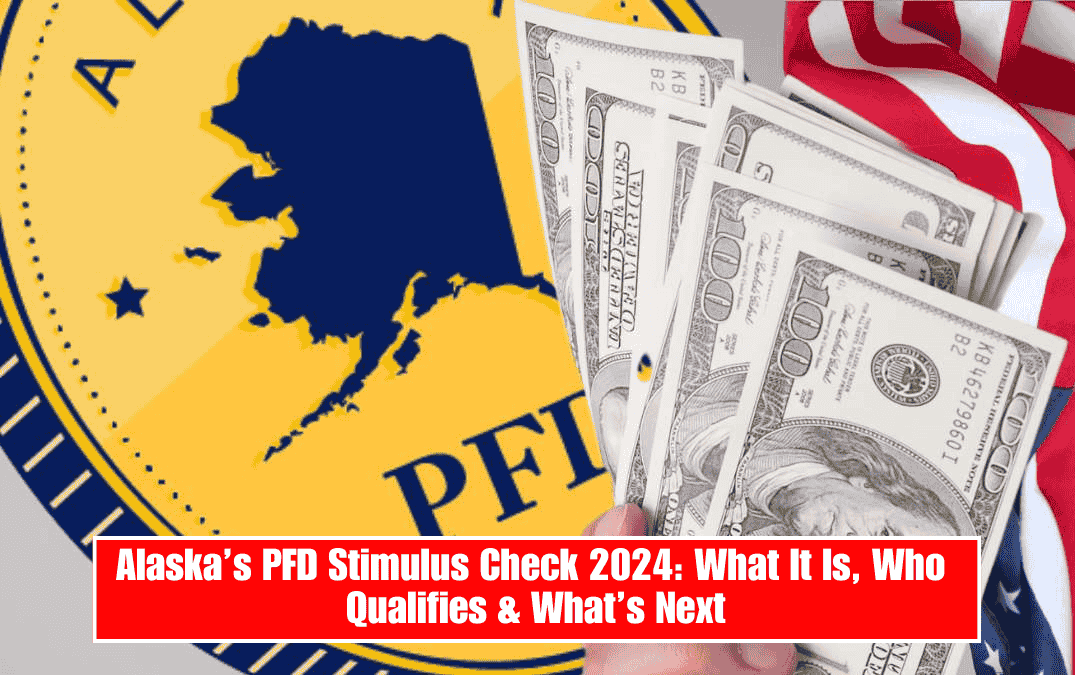Tax Day 2025: What You Must Know Before the April 15 IRS Deadline
In the United States, April 15, 2025, marks the official Tax Day—the final deadline to file your federal tax return for the 2024 tax year. Whether you owe taxes or expect a refund, this is the key date that affects all individual taxpayers. According to the Internal Revenue Service (IRS), there are no holiday-related delays or exceptions this year, so the deadline stands firm.
If you’re still gathering documents or aren’t sure what happens if you miss the date, this guide covers everything you need to stay on track, avoid penalties, and file confidently—either on time or with an extension.
What Must Be Filed by April 15, 2025?
By April 15, taxpayers must:
- Submit their 2024 federal income tax return—either electronically or by mail
- Pay any taxes owed in full or in part
- Submit the first estimated tax payment for 2025, if applicable (e.g., for self-employed individuals)
Documents you may need include:
- W-2 forms from employers
- 1099 forms for freelance or investment income
- Receipts for medical expenses, donations, education costs, or childcare
- Your Social Security number, bank account details for refunds, and proof of identity
If you expect a refund, the IRS will not process your return without proper documentation. So it’s important to file correctly and completely to avoid delays.
What Happens If You File or Pay Late?
If you miss the April 15 deadline and you owe taxes, the IRS will charge penalties and interest on the unpaid amount. Here’s how the fines work:
- Late Filing Penalty: 5% of the unpaid tax per month, up to a maximum of 25%
- Late Payment Penalty: 0.5% of the unpaid tax per month, also capped at 25%
- Daily Interest: Applied to the unpaid balance, starting April 15, 2025
If you’re unable to pay the full amount, the IRS encourages you to pay what you can now and apply for a payment plan to avoid larger penalties later.
Also, remember that if you haven’t filed for three years, the IRS may create a Substitute for Return (SFR) on your behalf, which excludes tax credits and deductions—often increasing your tax bill.
Can You File for an Extension?
Yes, if you need more time to prepare your tax return, you can file Form 4868 for a free extension until October 15, 2025. But keep in mind:
An extension does not delay your tax payment. Any tax owed must still be paid by April 15, or interest and late-payment penalties will apply.
Residents in federal disaster areas may qualify for additional extensions—but these are only granted for specific, declared events and regions.
How to Prepare and Avoid Common Mistakes
To reduce stress and avoid last-minute errors, follow these preparation tips:
- Update your address with the IRS if expecting a paper check
- Triple-check your bank routing and account numbers for direct deposit
- Gather all income documents: W-2s, 1099s, proof of benefits or retirement distributions
- Use certified tax software (like TurboTax, H&R Block, or TaxAct) to identify credits like:
- – Child Tax Credit
- – Earned Income Tax Credit (EITC)
- – Education-related credits
Taxpayers with income over $73,000 can still access the IRS Free File program for guided returns, depending on the provider.
If your situation is complicated—like foreign income, home sales, or cryptocurrency—you should consider hiring a tax professional to avoid costly mistakes.
IRS Uses Automation to Review Returns
In 2025, the IRS continues its use of automated systems to match tax returns with information provided by employers, banks, and financial institutions. This system helps prevent fraud and errors but can also flag returns with missing or mismatched income information.
For example, if your return does not match the amounts reported on your W-2 or 1099 forms, your refund could be delayed or your return rejected. Be sure that all forms match what was reported to the IRS.
April 15, 2025, is the definite deadline to file your federal taxes for 2024. If you miss it and owe money, the penalties can grow quickly—up to 25% of your tax bill, plus interest. If you’re not ready, file Form 4868 to get more time, but don’t forget to pay what you owe by April 15 to avoid penalties.
To stay ahead, gather your documents now, verify all your information, and use the right software or professional advice if needed. The sooner you file, the sooner you can receive a refund—or take control of any tax balance owed.















